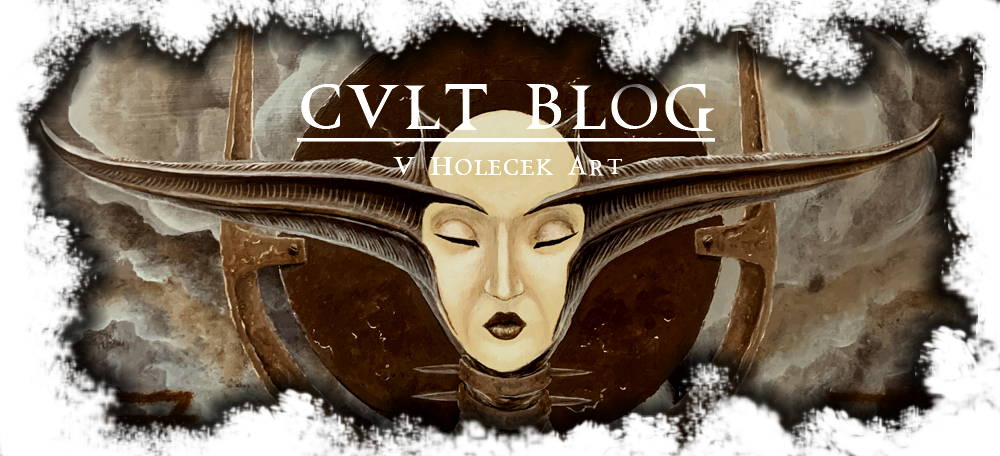Some thoughts on "free speech"
I don’t know just how new of a thing this is, or if social media has simply made it more obnoxiously apparent, but I’ve been noticing an uptick in recent years in rallying around talking points to the tune of “free speech”…
…usually by people who don’t have the first clue what that actually means.
Naturally, I do hold the freedom of expression to be important in modern society, but I don’t know that I would put myself in the same camp with Free Speech Absolutists. The first problem I have with it is that I don’t actually believe freedom of speech should necessarily be absolute. The reason being is that I don’t believe that, as a species, humans are responsible enough for absolute freedom of any variety.
Even in the United States, there are limitations on First Amendment “free speech” protections, and really, for purposes of clarity we should stop calling it “free speech” when “constitutionally-protected speech” is the more technically-correct terminology. Some examples of the limitations on constitutionally-protected speech are outlined below, as listed on US Courts website:
Freedom of speech does not include the right:
⛧ To incite imminent lawless action (Brandenburg v. Ohio, 395 U.S. 444, 1969).
⛧ To make or distribute obscene materials (Roth v. United States, 354 U.S. 476 1957).
⛧ To burn draft cards as an anti-war protest (United States v. O’Brien, 391 U.S. 367 1968).
⛧ To permit students to print articles in a school newspaper over the objections of the school administration. (Hazelwood School District v. Kuhlmeier, 484 U.S. 260 1988).
⛧ Of students to make an obscene speech at a school-sponsored event. (Bethel School District #43 v. Fraser, 478 U.S. 675 1986).
⛧ Of students to advocate illegal drug use at a school-sponsored event (Morse v. Frederick, U.S. 2007).
And, even considering these limitations, First Amendment protections simply mean that the government can’t come after you for exercising your constitutionally-protected speech rights. It means exactly fuck-all to the end of private entities, acting in their own interests. A private corporation is under no obligation to extend or really even observe any of these protections on their premises or on time that they are paying for.
People decrying social media companies for curtailing various forms of speech they deem not in their business interest as outlined in their respective Terms of Service Agreements have missed the point of what the First Amendment actually protects or who it applies to.
Which brings me to the second problem I have with Free Speech Absolutists: How vastly less absolute they become over another person or entity’s free speech when it is in conflict with their own.
One of the things that spurred me writing this entry today was a flurry of tweets complaining about Apple pulling almost all its advertising from Twitter over matters related to the types of things that were being allowed on that platform in the wake of Elon Musk’s acquisition of the social media company. I saw things like “Apple hates free speech” and things to that tune; never did it ever seem to dawn on these dipshits that Apple isn’t the government, and in the wake of Citizens United, Apple has its own free speech protections that it can use to support or not support whatever the hell it wants as a company.
Hell, even from just a capitalist perspective, Apple is making a move that it has deemed through whatever calculations to be in its own business interests…a fact that will probably be just as overlooked as Apple’s own free speech protections. I’m not saying Apple is really the company to be making a moral stand, but a moral stand is not required for First Amendment protections.
At any rate, I doubt this will make a hill of beans worth of difference to people who are sure that “freedom of speech” means “freedom from consequences”, but if I can help even a small handful of people understand, its a start.


